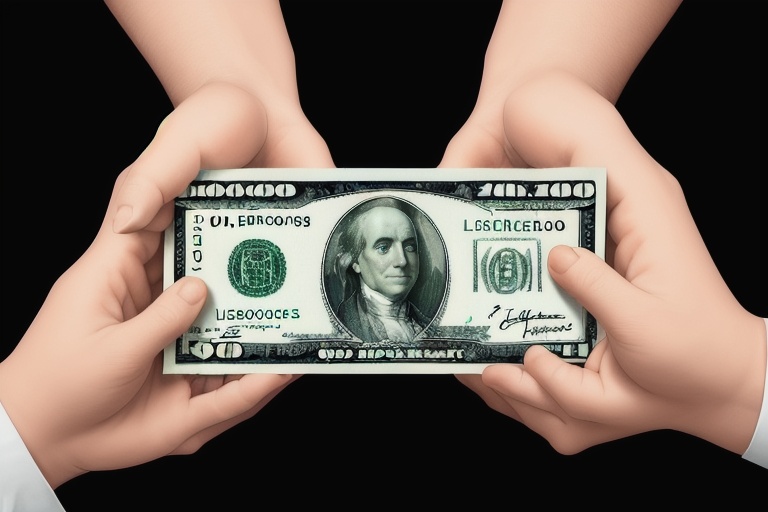Stepping Into the World of Coin Collecting
Stepping Into the World of Coin Collecting
The discovery or inheritance of a coin collection can open the door to the fascinating sphere of numismatics. For the uninitiated, this encounter presents an array of options and learning opportunities. If you find yourself in possession of a coin collection and are grappling with the decision of its future—whether to keep it as an heirloom or liquidate its assets—education on coin values should be your starting point.
Understanding Numismatic Basics
Beginners should acquaint themselves with the fundamental elements of coin collecting before anything else. Resources, such as the educational section on our website, offer valuable insight into the intricacies of coin features and the lexicon of numismatics. Command over these basics equips you with an essential toolkit for assessing your collection's caliber.
Proper Handling and Maintenance of Coins
Part of treating your coin collection with respect involves learning to handle it correctly. Utilizing cotton gloves when handling coins is crucial; they prevent the oils and acids from your skin from tarnishing or damaging the coins. The instinct to cleanse old, tarnished coins is a common pitfall—resist it. Cleaning coins can potentially diminish their worth; natural patina is a sign of authenticity and is often prized among collectors.
Organizing Your Inherited Collection
Organizing a newly inherited collection often requires sorting through individual coins. Begin by dividing them by country and then by themes or types. In instances where the collection is stored in folders or albums, leverage the existing organization to expedite your efforts. Keeping sets complete is important, and loose coins should have proper storage solutions. For enthusiasts who enjoy administration, cataloging the complete collection presents an engaging project. If you're fortunate enough to inherit a collection with a pre-existing inventory, it serves as an excellent resource to acquaint yourself with the diverse holdings.
Valuing the Collection
Assessing the value of your coin collection can be approached in several ways. Engaging the services of a professional appraiser is a path some choose, while others opt for a more DIY route of consulting coin value guides and manuals. These resources might not provide a precise valuation but do offer a rough estimate to inform your expectations.
To Sell or Not to Sell?
Deciding the fate of your coin collection is a deeply personal decision. Some may be motivated by potential financial gain, while others by sentimental attachment or interest in numismatics. Whichever your inclination, thorough knowledge about each coin's worth supports informed decision-making. Coin collecting transcends financial investment; for many, it manifests as a bridge to history and culture.
Strategies for Selling Coins
If you decide that selling is the most suitable course of action for your inherited coins, the next steps involve identifying the best methods to yield fair and favorable results.
Understanding Coin Value Influencers
Remember that a coin's age is but one facet of its value. More pivotal are its condition and the mint quality. Sometimes, a modern coin in prime condition can overshadow an ancient coin of lesser quality. Grading each coin allows you to engage more substantively in the selling process.
Trusted Community Sources
Should you feel out of your depth, numismatic communities and local coin clubs can be excellent advisories. Referrals from trusted individuals also mitigate the risks associated with dishonest players in the marketplace. The majority of coin dealers approach their craft with integrity; nonetheless, due diligence remains key, especially when transacting online.
Selling Platforms and Options
Your collection's value can influence the selling strategy. Exceptionally valuable collections might merit engagement with auction houses where serious collectors gather. For more moderate collections, direct sales to dealers or private offerings can prove more practical. Bear in mind that communication is crucial; clarify your intent to sell and understand that assessments and subsequent offers can vary based on numerous factors.
Preparation and Communication
It’s imperative to approach dealers with informed confidence. Refrain from open-ended inquiries about a coin’s worth; instead, base dialogue on educated anticipation of value. While offers may diverge from your research, they should be in the ballpark of fair market value.
The Alternative: Keeping Your Collection
Selling one's collection isn't the only path. The act of curating and expanding on the collection can enrich your life with its historical connection and the joy of a shared hobby with fellow enthusiasts. Coin collections often become more than just an assemblage of currency—they can represent personal legacies passed through generations where each owner leaves an individual mark.rst
Continuing the Legacy of Collecting
Opting to keep your collection enables you to delve deeper into a hobby that not only comprises the acquisition of monetary treasures but also offers a hands-on experience with history. Many respected collections are revered as much for their singular narrative as for their contents.
In summary, when you inherit a coin collection, consider embarking on a journey of education in the realm of numismatics. The more you understand the value and significance of each coin, the more empowered you are to make choices that honor the collection's legacy—whether you choose to sell or to keep building upon the rich tapestry of its history. Remember, the world of coin collecting offers more than financial benefits; it provides a tangible connection to culture and history, one coin at a time.
Information for this article was gathered from the following source.




